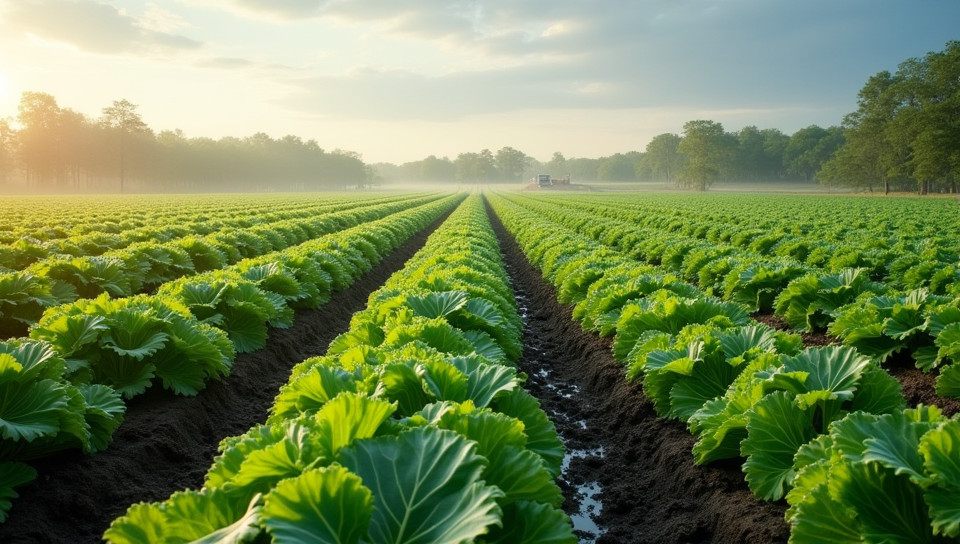Large-scale industrial agriculture may not adopt sustainable composting methods 37%

The Dark Side of Industrial Agriculture: Why Sustainable Composting Methods May Not Be on the Horizon
Industrial agriculture has been the backbone of global food production for decades, feeding billions of people worldwide. However, this mode of farming has also led to numerous environmental and social issues, including soil degradation, water pollution, and the depletion of natural resources. One crucial aspect that can mitigate these problems is sustainable composting. But despite its benefits, large-scale industrial agriculture may not adopt sustainable composting methods.
The Importance of Sustainable Composting
Sustainable composting involves breaking down organic waste into a nutrient-rich fertilizer that replenishes soil health and reduces the need for synthetic fertilizers. This approach has numerous advantages, including:
- Reducing greenhouse gas emissions
- Conserving water
- Improving crop yields
- Enhancing soil structure
- Mitigating the spread of plant diseases
The Challenges Facing Industrial Agriculture
Despite the benefits of sustainable composting, industrial agriculture is often reluctant to adopt this method. Several factors contribute to this reluctance:
Economic Constraints
Implementing sustainable composting methods requires significant investments in equipment and labor. For large-scale industrial farms, these costs can be prohibitively high, making it difficult to justify the expense.
Lack of Education and Training
Many industrial farmers may not have the necessary knowledge or skills to implement effective composting programs. This lack of education can lead to inefficient or ineffective composting methods.
Regulatory Frameworks
Current regulatory frameworks often favor conventional farming practices over sustainable ones. Changing these policies can be a lengthy and complex process, making it challenging for farmers to adopt new methods.
The Future of Industrial Agriculture
As the global population continues to grow, pressure on industrial agriculture to increase production will only intensify. However, this must not come at the expense of environmental degradation and resource depletion. By recognizing the limitations of conventional farming practices and embracing sustainable composting methods, we can create a more resilient and sustainable food system.
Conclusion
Large-scale industrial agriculture has the potential to adopt sustainable composting methods, but it requires a concerted effort from governments, farmers, and consumers alike. By investing in education, training, and regulatory reforms, we can promote a shift towards more environmentally friendly farming practices. The future of our planet depends on it.
- Created by: Linda Collins
- Created at: Aug. 19, 2024, 11:28 p.m.
- ID: 7808

